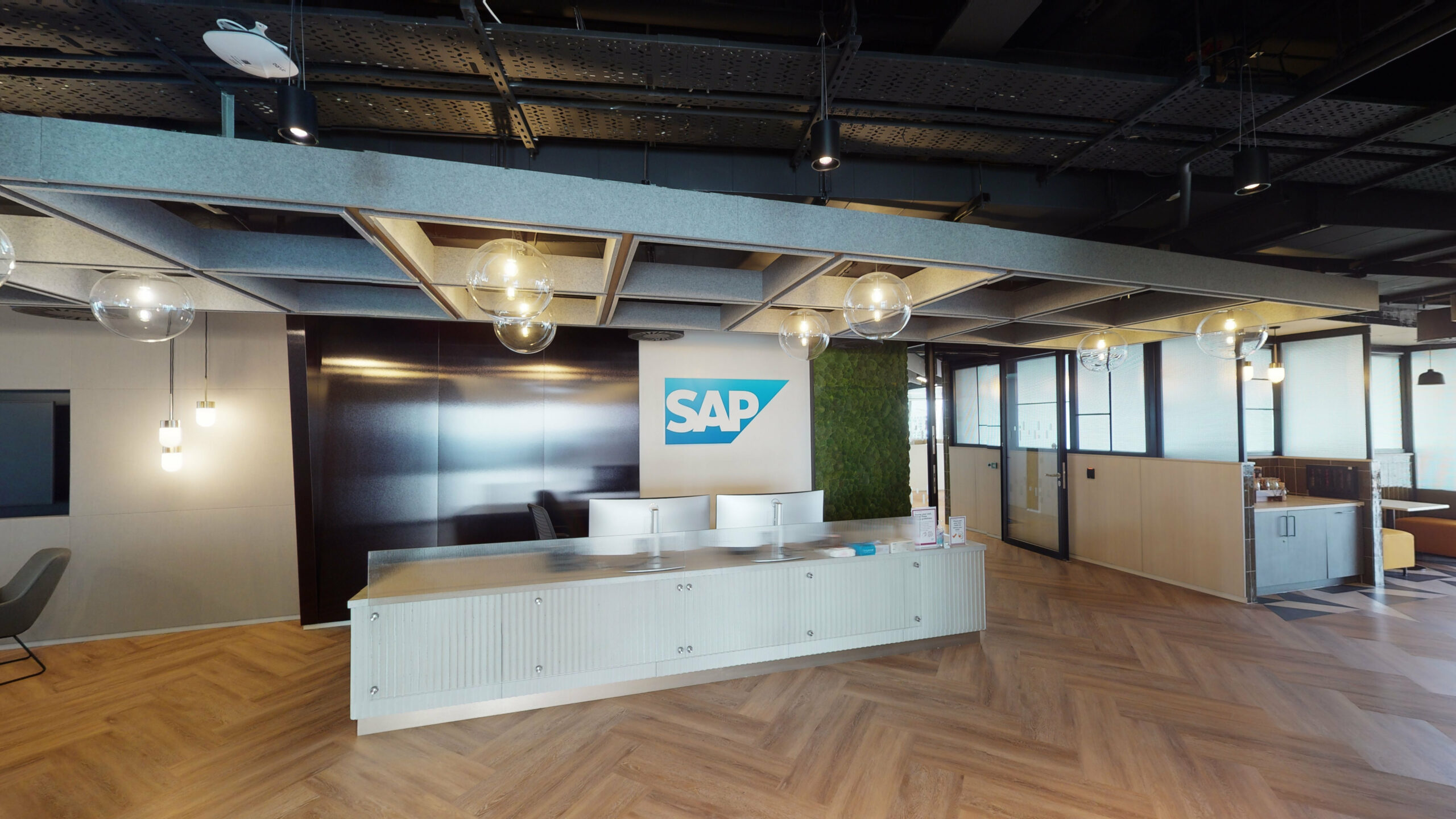SAP reveals to ERP Today it is slashing costs and freezing hires. What’s the bigger picture?
A certain existential crisis of the employee sort has been spreading across enterprise as of late. Microsoft announced small layoffs as part of a business realignment this week, while a staff-wide email on Tuesday from Google’s CEO warned employees of consolidation due to the “uncertain global economic outlook.”
Enterprise giant SAP also hasn’t been immune from this employee endemic. Rumors reached ERP Today that the company had stopped new hires and temporarily restricted international travel. The news was confirmed to us by email, with a spokesperson saying:
“SAP remains fully committed to its growth projections and cloud transformation. However, given the current macroeconomic situation we are adjusting our approach to successfully navigate these challenges, while ensuring we keep our revenue and profitability promises.
“We have therefore implemented some new cost discipline measures, including external hiring and internal travel.”
SAP appears to be moving first in controlling costs in the wake of current economic uncertainty. Some companies though have been more bullish about the tech industry’s resilience amidst the present downturn. IBM CEO Arvind Krishna for one was quoted as seeing “technology spending as remaining above GDP growth, including in Europe” in an interview this week with Bloomberg Television.
April meanwhile saw EY plan to double the size of its UK and Ireland consulting practice in the next four years, backed by £75m of investment.
But another TV interview, this time with Bill McDermott, the usually hopeful CEO of ServiceNow, showed an apparent shift in attitude from the exec.
“You’re going to see the headwind of the dollar right now against well-known technology brands,” McDermott warned in the interview. “No one’s going to outrun the currency right now.”
The ServiceNow leader had been more optimistic judging by recent quotes. The reaction to his latest remarks? Company shares fell by 13 percent yesterday, despite McDermott’s quotes being industry-focused rather than ServiceNow-centered. According to CNBC, the company is in “a quiet period” ahead of reporting its latest quarterly earnings on July 27.
Unlike SAP, ServiceNow is yet to slash costs and freeze hires. But is it only a matter of time before the company falls in line with SAP and the rest of enterprise tech? We may find out by the end of July.
Pandemic prism
The real question is whether the current downturn is a blip or here to stay. I put the question about the present ennui to Laura Petrone, principal analyst in thematic research for GlobalData.
“Following Google and Microsoft’s announcements, there is a sense of post-COVID restructuring and ’employment ennui’, as you say. But I think there is also a tendency to overreact and compare these changes to the hiring boom of the pandemic, which was an exceptional situation, especially for ecommerce companies like Amazon.”
In Petrone’s view, the current situation needs to be seen through a pandemic prism: as the analyst says, COVID-19 highlighted the central role that the tech platforms play in modern life, with companies like Amazon, Apple, Google, Meta, and Microsoft being big beneficiaries of the pandemic from both a consumer and enterprise perspective.
“The first 12 months of the COVID-19 pandemic were extremely successful: they made about a quarter of a trillion dollars in profit in that time. These figures will be difficult to match anytime soon and the past few months have seen the value of tech stocks drop to their lowest levels since the financial crisis, reflecting concerns over Chinese supply chains and the Ukraine war.
“But despite these concerns, most of the results from Big Tech were pretty solid.”
Petrone also makes mention of Amazon’s recent promise to create more than 4,000 permanent jobs in the UK, to become one of the country’s top employers. While on first glance this may seem like a strong step for consumer tech, it’s worth bearing in mind those jobs will also include hires for AWS.
The pandemic’s consumer wins came alongside the video meeting boom for Zoom and Microsoft Teams. Consumer and enterprise profits saw Big Tech profit off the back of COVID-19, with money from both sides all going back to the same piggy bank.
That’s still the case now, especially with the blurring of lines between consumer and enterprise continuing with the rise of home working. It may be the case that companies excelling in both fields may weather the current storm, if it can be called one.
Those enterprises that aren’t doing so well may restructure to chase both targets or chase them in tandem with more intensity than usual, especially if looking to emulate COVID highs.
Arguably those highs are making current lows look worse than they really are.





